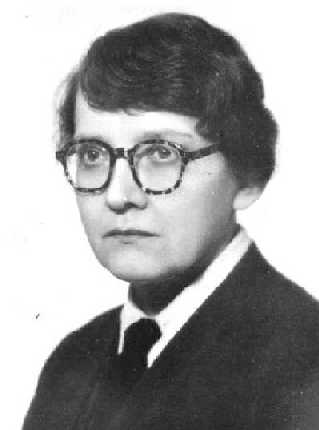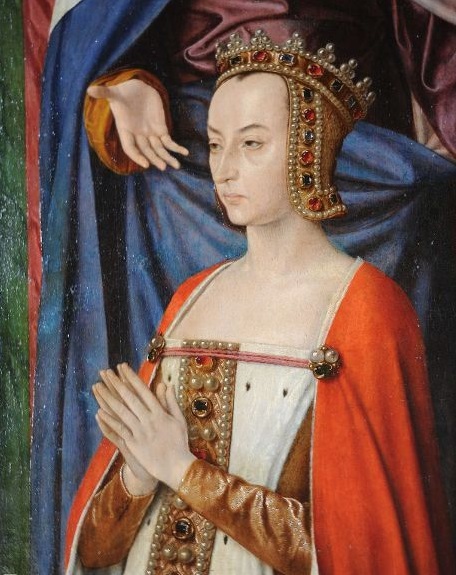We’re thrilled to announce the addition of three new articles to the Encyclopedia of Concise Concepts! Dive into the insightful works on:

– Ontology in Helle Lambridis (1896 – 1970) by Maria Venieri
Helle Lambridis (1896–1970) was a Greek philosopher and educator. She studied philosophy in Berlin. Her work emphasized the intersection of philosophy, politics, and education, advocating for social justice and equality. Lambridis’ legacy endures through her influential writings and her impact on Greek philosophical thought.

-Conventionalism in Izydora Dąmbska (1904-1983) by Joseph Ulatowski
Izydora Dambska obtained her habilitation after the war – in 1946 at the University of Warsaw, with her work on Irrationalism and scientific cognition, published in 1937 in “Kwartalnik Filozoficzny”. She lectured at the University of Warsaw (1946–1949), where she gave commissioned lectures at the Faculty of Humanities. Then she taught philosophy at the Adam Mickiewicz University (1949–1950). She worked as an independent scientific editor at the Library of Classics of Philosophy of PWN.
 – Virtue in Anne de France (1461 – 1522) by John Conley
– Virtue in Anne de France (1461 – 1522) by John Conley
Anne de France (1461-1522), also known as Anne de Beaujeu, was a significant political figure and philosopher in late medieval France. As the daughter of King Louis XI and regent for her younger brother Charles VIII, she wielded considerable influence. Her writings, particularly in “Lessons for My Daughter,” provided guidance on ethical leadership and the cultivation of virtuous character. Anne’s contributions continue to be recognized for their impact on the philosophical discourse of her time.
We invite scholars and enthusiasts to contribute to this growing repository of knowledge. Your contributions help highlight and preserve the significant impact of women philosophers throughout history.
To learn more about how you can contribute, visit our website and join us in celebrating the rich legacy of women’s philosophical thought!
You cannot copy content of this page








